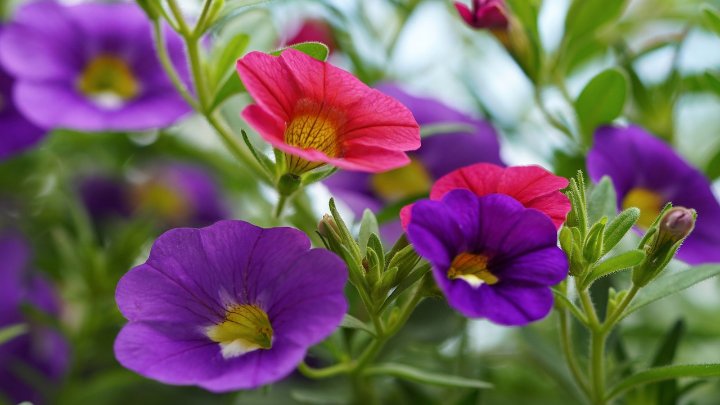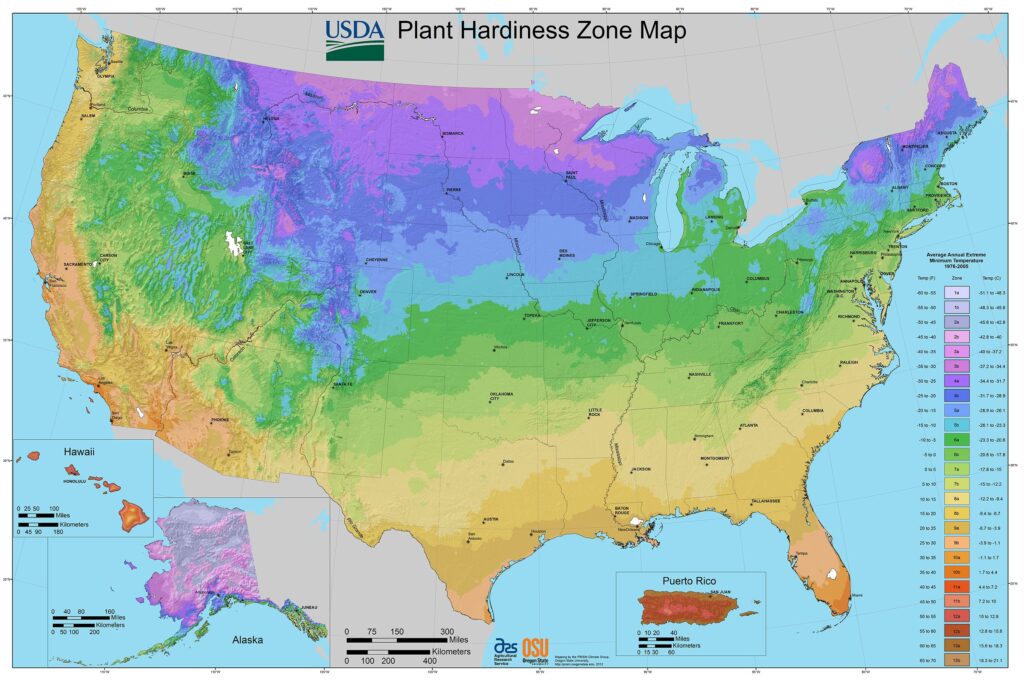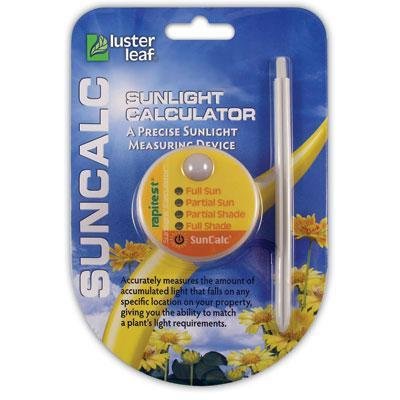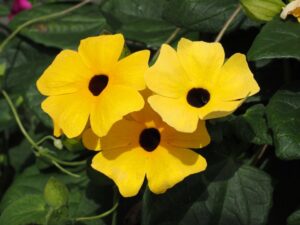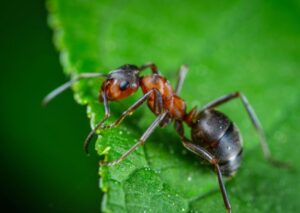Petunias are beloved for their vibrant colors, delicate fragrance, and versatility in garden beds, containers, and hanging baskets. Whether cascading from a window box or filling flower beds with their cheerful blooms, petunias add a burst of color and beauty to any garden landscape. With the right care and growing conditions, you can enjoy a summer full of petunia blossoms in your outdoor space.
Best Petunia Varieties
| Image | Name | Rating | Shop |
|---|---|---|---|
 | Petunia Seeds Grandiflora Flowers Mixed Rainbow |  | |
 | Petunia Wave Collection |  | |
 | Annual Petunia Hybrida Flower Seed |  |
Petunia Hardiness Zones
Petunias are typically grown as annuals, although some varieties may behave as perennials in warmer climates. They thrive in USDA hardiness zones 10-11, where they can be grown year-round as perennials. In cooler climates, petunias are usually treated as annuals and planted anew each spring to brighten up gardens and landscapes with their colorful flowers.
How Much Sun Do Petunias Need
Petunias thrive in full sun, requiring at least six hours of direct sunlight per day to bloom profusely. Plant them in a location where they can receive ample sunlight, such as a south-facing garden bed or container. In hot climates, petunias may benefit from some afternoon shade to protect them from intense midday sun and prevent leaf scorch. However, they generally perform best when grown in full sun conditions.
Petunias Soil Requirements
When it comes to soil, petunias prefer well-drained, moist soil that allows excess water to drain away quickly. Amend heavy or clay soils with organic matter such as compost or peat moss to improve drainage and moisture retention. Additionally, petunias thrive in slightly acidic soil with a pH range of around 5.5 to 6.5. Test the soil pH before planting and adjust it if necessary to create optimal growing conditions for your petunias.
Petunias Plant Spacing
When planting petunias, space them approximately 6 to 24 inches apart, depending on the variety and mature size of the plants. This spacing allows for proper air circulation and prevents overcrowding, ensuring that each plant has enough room to grow and spread. Petunias also make excellent ground covers when planted closer together, creating a carpet of colorful blooms in the landscape.
Petunias Temperature Requirements
Petunias prefer moderate temperatures ranging from 60 to 75 degrees Fahrenheit (15 to 24 degrees Celsius) for optimal growth and flowering. They can tolerate both cool and warm temperatures but may struggle in extreme heat or cold. Plant petunias in spring after the danger of frost has passed, or start them indoors several weeks before the last frost date to get a head start on the growing season.
Petunias Fertilizer Requirements
To promote healthy growth and abundant flowering, petunias benefit from regular fertilization throughout the growing season. Use a balanced fertilizer with equal parts nitrogen, phosphorus, and potassium, and apply it every two to three weeks according to the manufacturer’s instructions. Avoid over-fertilizing petunias, as excessive nutrients can lead to lush foliage at the expense of flowers. Additionally, amending the soil with compost or organic matter before planting can provide essential nutrients and improve soil fertility.
Petunias Water Requirements
Petunias require consistent moisture to thrive, especially during hot, dry weather. Water them deeply and thoroughly, ensuring that the soil is evenly moist but not waterlogged. Water petunias at the base of the plants to prevent wet foliage, which can lead to fungal diseases such as gray mold. Aim to provide 1 to 2 inches of water per week, adjusting the frequency as needed based on weather conditions and soil moisture levels.
Petunias Humidity Requirements
Petunias prefer low to moderate humidity levels and are well-suited to gardens in a wide range of climates. They can tolerate drier conditions once established but may benefit from occasional misting during hot, dry weather to increase humidity around the plants. Ensure proper air circulation around the plants to prevent moisture buildup, which can lead to fungal diseases and pest infestations.
Petunias Pests and Diseases
While petunias are relatively pest and disease-resistant, they may occasionally encounter issues with pests such as aphids, flea beetles, and slugs. Monitor your plants regularly for signs of pest infestations and take appropriate measures to control them, such as handpicking or using insecticidal soap. Additionally, petunias may be susceptible to fungal diseases such as gray mold, especially in humid conditions. Ensure proper air circulation and avoid overhead watering to minimize the risk of disease.
In conclusion, growing and caring for petunias is a rewarding experience that allows gardeners to enjoy the beauty and versatility of these colorful flowers. By providing the right growing conditions, including full sun, well-drained soil, and regular watering and fertilization, you can cultivate healthy and vibrant petunia plants that enhance the beauty of your garden. With their long-lasting blooms and easy-care nature, petunias are sure to become a favorite in your outdoor space.


